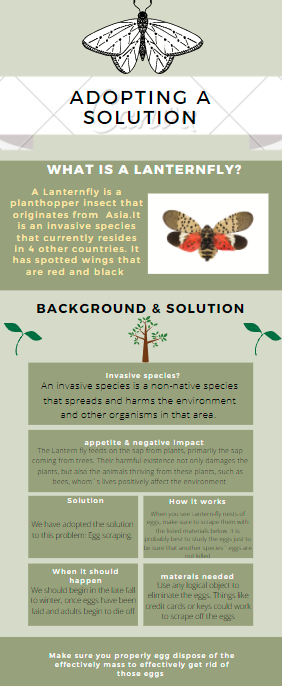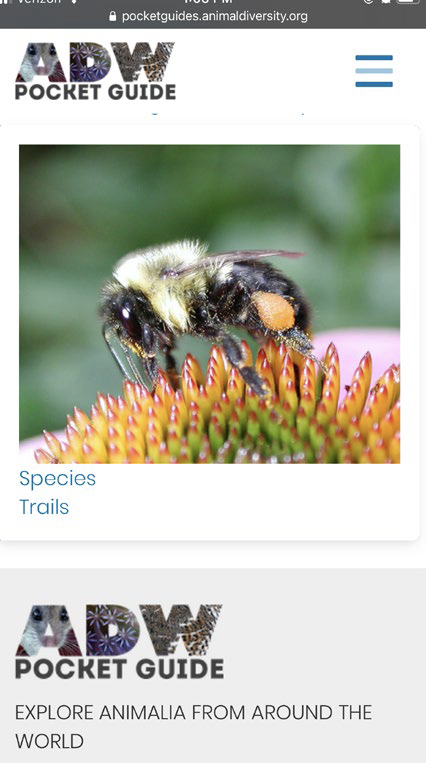How can education programmes develop the problem-solving skills of today’s schoolchildren and tomorrow’s STEM workforce?
Humankind faces unprecedented environmental, social and economic challenges. Whether designing solutions to mitigate the effects of climate change on fragile ecosystems or developing vaccines to combat new Covid-19 variants, such challenges are increasingly complex, interdisciplinary and require the design of solutions firmly rooted in the disciplines of science and engineering.
Our world is also characterised by an explosion of scientific knowledge and challenges that do not conform to the neat disciplinary categories of chemistry, molecular biology or mathematics. Many of today’s environmental, social and economic challenges require a fluid understanding of science, engineering and mathematics within and across traditional Science, Technology, Engineering and Mathematics (STEM) knowledge boundaries.
In addition, today’s and tomorrow’s jobs require individuals who can solve problems. We have a societal duty and shared responsibility to train a new generation of problem solvers.
Many existing education programmes are not meeting our needs
While educational programmes are the key to whether individuals and communities can identify local challenges, embrace them and work in teams to generate solutions, current elementary and secondary-level instructional programmes are not preparing students for problem-solving. A new instructional approach and new instructional programmes are critically needed. The programmes we need guide students in asking questions, collecting and analysing data, and working cooperatively to generate fluid, interdisciplinary knowledge that can be applied to solution generation.
The Eco-Solutioning Learning Approach
With funding from the National Science Foundation in the United States, an interdisciplinary team of scientists, educators and curriculum developers created eco-solutioning educational programmes for elementary and secondary students in several American cities. Eco-solutioning educational programmes are a suite of instructional activities and field-based data collection materials designed to equip pre-college students to study local environmental problems and the generation of solutions.
The design of eco-solutioning programmes is modelled after established research on STEM learning. The programmes guide student learning through five sequential phases:
- Students ask questions about local environmental issues and observe local organisms in their schoolyards using a data collection tool like the Animal Diversity Web Pocket Guide. This introductory activity engages their curiosity and illustrates why they are studying local environmental issues.
- Students explore local habitats through systematic data collection of animal and plant species. Later, these data serve as evidence to justify decisions and address constraints for their designed solution.
- Students use evidence from the explore phase to explain, build scientific arguments and define key terms associated with a selected scientific question.
- Students extend their understanding through the engineered design of an eco-solution plan that meets specific design criteria and constraints. Students test their strategies through additional data collection to determine if their solution can address the problem.
- Students synthesise guidelines from their eco-solution plan to inform and educate key stakeholders about how implementation may occur in their own and other local regions. Final activities can include the creation of infographics and the presentation of eco-solutions to policymakers, scientists and community members.

In this way, the five phases guide students to build foundational STEM learning and harness local data towards actionable impacts.
In Philadelphia, the eco-solutioning programme focused on studying the spotted lanternfly, a non-native insect first observed in Pennsylvania in 2014, which feeds on fruit, ornamental, and woody trees across many parts of the eastern United States.
Philadelphia ninth-grade students used the Animal Diversity Web Pocket Guide to collect and organise data on insect frequency, location and species. They conducted research to understand the lifecycle and when eggs are prevalent.

After data collection, analysis and research, students developed their eco-solutioning plans to realise appropriate methods to reduce the number of harmful, non-native spotted lanternflies. As illustrated in this example, students’ data served as the foundation for their plan to reduce the number of invasive spotted lanternflies through the egg scraping method.
Why are eco-solutioning programmes necessary?
World economies recognise that future jobs require employees who have acquired knowledge and skills, and can mobilise their knowledge, skills and attitudes to meet complex demands. Employees need practice applying and adapting knowledge to new contexts and complex, interdisciplinary problems. Such knowledge development does not happen without preparation. We need more learning opportunities and practice arenas for learners to apply their knowledge in unknown and evolving circumstances. We need supportive programmes that begin many years before professional employment where adaptive thinking is nurtured and rewarded.
Fortunately, what we know about STEM learning supports the co-development of knowledge, skills, attitudes and values. In recent years, a critical pedagogical shift has been moving away from viewing education as an individual cognitive process and recognising knowledge development as intertwined with the cultural and social context.
Policy documents in the United States and empirical studies demonstrate that learning through scientific investigation and engineering design is more effective than learning through traditional research methods. Research results from two cycles of implementation demonstrated that students realized significant learning gains associated with the eco-solutioning instructional materials. The future is uncertain but with the right tools and resources, our learners will be ready.
Please note: This is a commercial profile
© 2019. This work is licensed under CC-BY-NC-ND.











